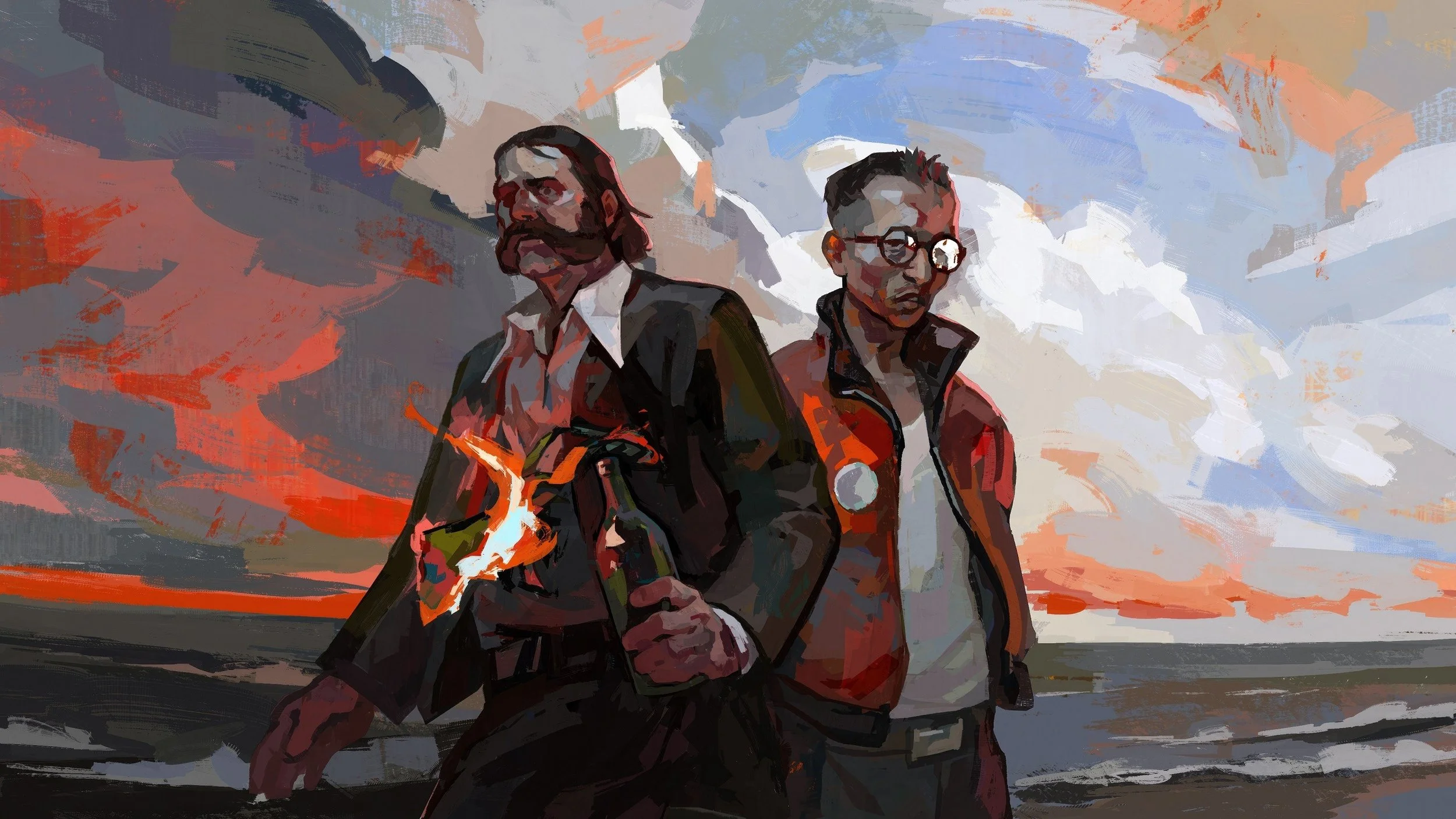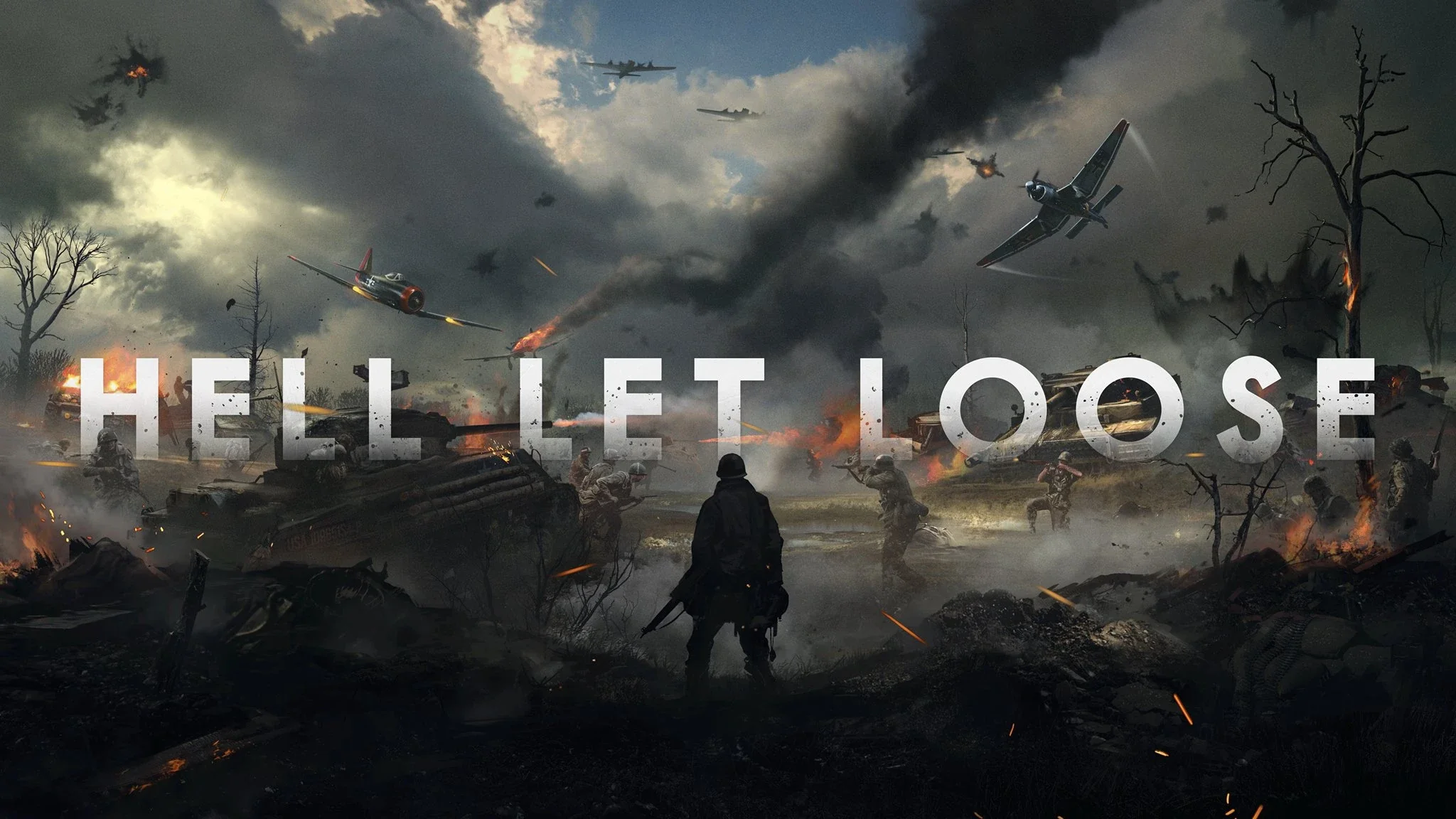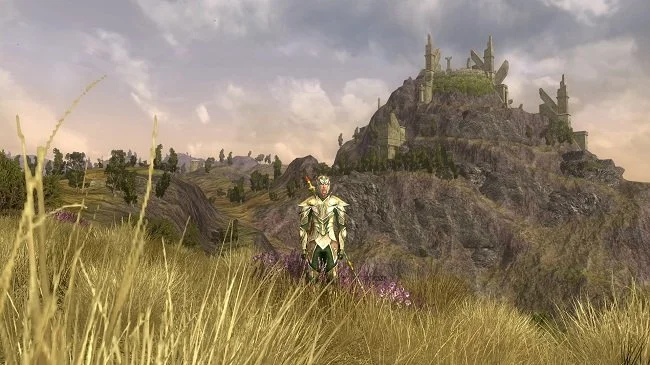Can Behavioural Science Create a Better Gaming Experience?
“Nudge theory” has received a lot of attention in recent months due to the global pandemic. The Behavioural Insights Team has played a key part in shaping the UK Government's policy to deal with COVID-19, although its overall success is questionable. Now I’m not going to debate in this post the ethical merits of “nudge theory” as a tool, especially within a political context. Let it suffice to say that such science can be used for both good or ill. However, due to some negative experiences I’ve had recently while gaming, I have been considering whether it is something that should be used more in video games. It’s obviously there already as I often see small, minor examples. In Star Trek Online, if you join a random Task Force Operation you receive greater rewards because you are helping players who under normal circumstances, cannot form a group. So the question is, should there be more “nudging” in video games?
The most obvious and easiest means of “nudging” that can be implemented in video games is to incentivise an activity or process. If for example, you wish to encourage grouping in an MMO, then offer rewards that are superior to that which you would earn if you did the same content solo. Another option is to penalise players who leave a group before the activity is complete or those who go AFK and do not participate in the collective undertaking. Incentives could also be used to encourage top tier players at level cap to revisit lower level content and assist others. Why not offer rewards or accolades to those who “mentor” new players. If there are shortages of low level crafted items in a game, why not offer some sort of subsidy or bonus to encourage players to make more? Canny developers could use the power of nudge to foster a more communal attitude among players. As long as it is always just used to encourage and not coerce, then it should yield results.
Looking to other genres, nudge theory could be beneficial in turning the survival genre into more than just a race to the bottom. At present I find that such games often lapse into being murders simulators and it’s impossible to progress beyond a certain point. Collaboration is the key, as it is in real life. However, there are rules to prevent aberrant behaviour in society but video games seldom have any tangible consequences. In a survival, PVP or roleplay game, if a player becomes increasingly rogue there needs to be mechanics that reflect and offset that. Someone who murders and loots everyone they encounter should be free to do so but face such retribution as having a bounty being placed on them. Or if they need to trade for crafting materials, then the prices need to go up as the vendor becomes more fearful or distrustful of them. Red Dead Redemption 2 has elements of this in its gameplay. It would be interesting to see the benefits of rewarding those who work collaboratively to build a community in-game rather than just adopt the role of predatory lone wolf.
However, behavioural science may not always be applicable to a game. For example, “nudging” in the FPS and competitive genres is more difficult because it may impede valid ways of playing. Some folk don’t care for “camping” and it is still a hotly debated subject. But unless it specifically breaks a games TOS, then it’s a valid play style. Trying to move people away from such an approach is questionable. It comes down to arguments couched in subjective notions of sportsmanship, which are different to clearly more destructive behaviour such as “ganking” that we seem in unbalanced PVP. Another consideration is whether the presence of “nudging” in a game is seen as a coercive or a political tool? Will players balk at what some may describe as “social engineering”. The player base may not want to see policies of this nature implemented and this could potentially have an adverse effect on revenue.
Behavioural science is a means to an end and is in itself neither benign or malevolent. However, it has an “image” problem. People tend to not like “being tricked” or feel they’re being manipulated despite the fact it happens in advertising and marketing continuously (as well as politics). Nudge theory may not necessarily do these things but that’s how some perceive it. Especially once people know that it has been used on them in some way. But I think if we wish to arrest the process of gamer behaviour being driven by the lowest common denominator, then we may well have to make more use of behavioural science. For example, if the grab functionality in Fall Guys: Ultimate Knockout could also be used to offer other players a helping hand, this would offer an alternative mode of behaviour. One that is less predatory and more socially positive and inclusive. It would be interesting to see what player conduct prevailed.




























